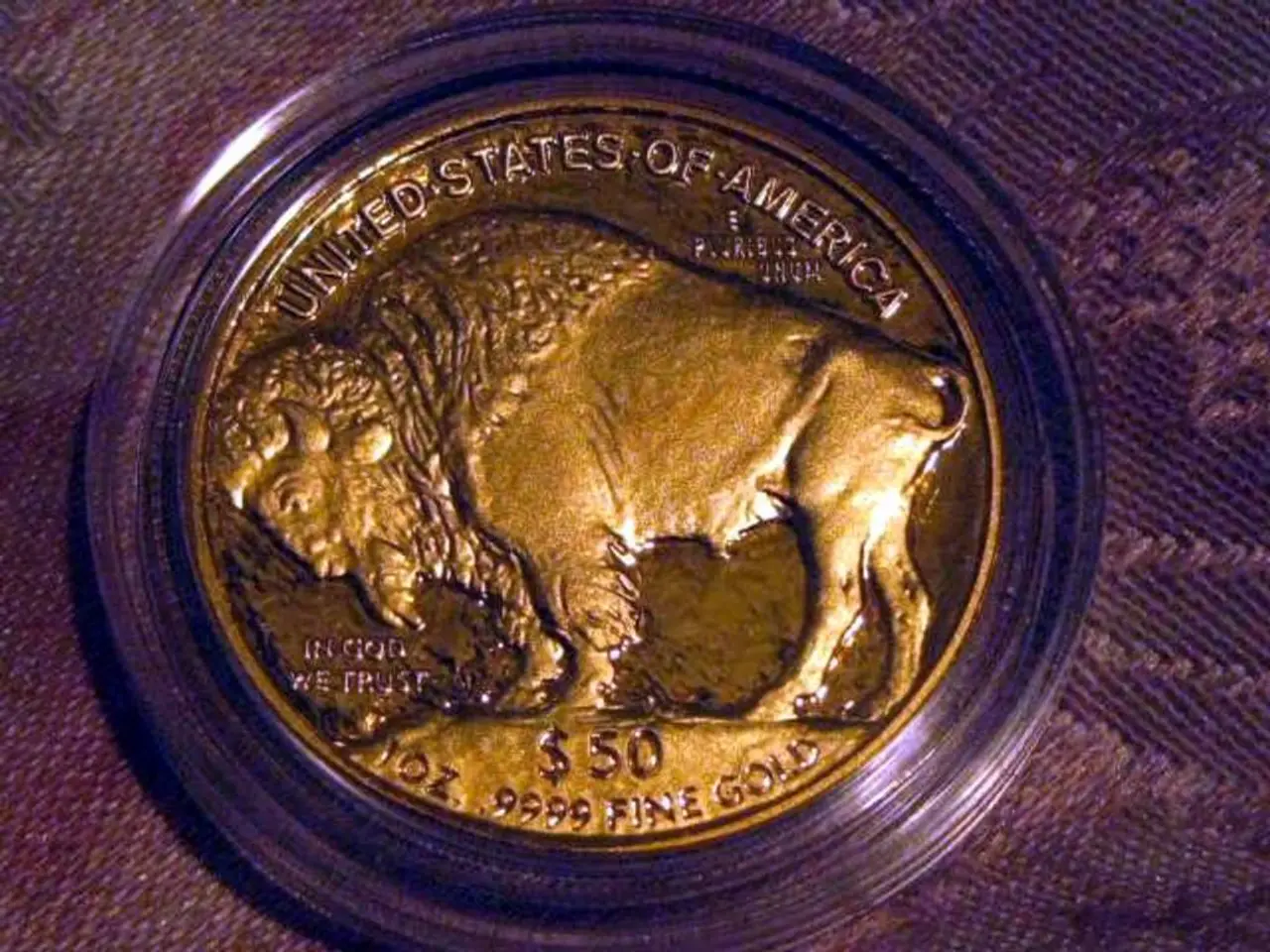Struggling job market leads to Federal Reserve reducing interest rates in America
The Federal Reserve, the United States' central banking system, has recently made a decision to lower interest rates. This move, aimed at boosting the economy and making it easier for Americans to buy homes, among other benefits, has been a topic of discussion due to President Trump's influence.
Trump has been vocal about his desire for lower rates, arguing that they would reduce the interest burden on the national debt. However, the Fed's decision to cut rates was not solely influenced by the White House's pressure, according to experts.
The rate cut, which aimed to address increased risks in the labor market and rising inflation, was not a unanimous decision. Eleven out of the twelve voting members voted for a rate cut of one quarter of a percentage point. Stephen Miran, a recent interim member of the Fed board close to Trump, was among those who voted for a larger cut.
Critics, including Democratic Senator Elizabeth Warren, question the independence of Stephen Miran and accuse him of being 'Trump's puppet.' However, Miran has promised to maintain the independence of the central bank.
The rate cut has also had an impact on the foreign exchange market. The reduction in interest rates has made the US dollar less attractive, strengthening the euro. This could potentially benefit European tourists traveling to the US.
Meanwhile, the employment growth in the United States has recently fallen short of expectations. The employment numbers for the twelve months up to March 2025 were revised down by a total of 911,000 jobs. This revision indicates that fewer jobs were created in the US than expected, suggesting the economy is not growing as fast as anticipated.
The question of how independent the Fed will be in the future remains, as long as Trump is president. This concern is heightened by Trump's nomination of Stephen Miran, a senior economic advisor to the White House, as a potential Fed Governor. Senator Warren states that no one will trust Miran as an independent voice.
In a separate development, the Federal Reserve's Board of Governors is considering a compromise solution for a rate cut. Meanwhile, Trump suffered a defeat in a US appeals court regarding the dismissal of Fed governor Lisa Cook, who is fighting back legally after her dismissal, citing alleged irregularities in private mortgage rates lending.
Despite the controversy, it is clear that lower mortgage rates can have a significant impact on the economy. More money in circulation can stimulate the economy and create jobs. The future of the Fed's monetary policy and its independence, however, remains uncertain.




